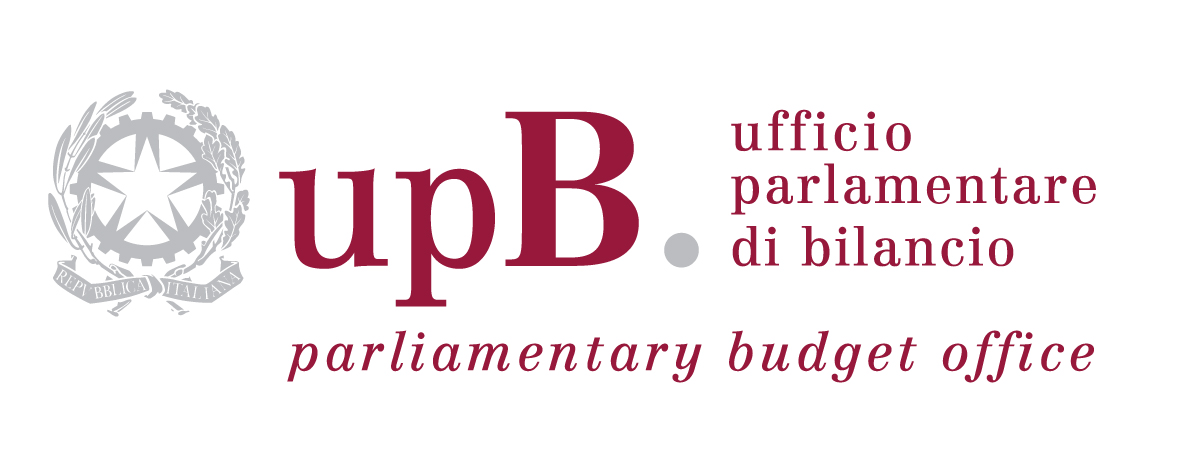The endorsement letter for the trend macroeconomic scenario for 2017-2020 presented in the 2017 EFD, which was transmitted by the Ministry for the Economy and Finance (MEF) on 28 March, was published today on the website of the Parliamentary Budget Office (PBO). On March 21, the PBO had submitted its comments on a preliminary version of the trend forecasts formulated by the MEF. As required, the PBO will also assess and potentially endorse the policy macroeconomic scenario presented in the EFD.
The PBO endorsed the trend macroeconomic scenario of the MEF – which in 2018 reflects an increase in VAT rates connected with the safeguard clauses – as it appears to fall within an acceptable forecasting range. The growth forecasts for 2017-2020 show a slight slowdown in 2018 before subsequently stabilising. Overall, the projections are consistent with the growth expected by the PBO panel forecasters, although they lie close to the upper limits of the panel forecast range and in a number of years of the forecasting period do not seem entirely in line with the assessments of the panel (CER, Prometeia and REF, as well as the PBO itself).
In assessing the forecast trends, the PBO took account of the small size of the divergences, as well as the uncertainty that primarily affects the more distant years of the forecasting period. Nevertheless, the fact that the MEF projections lie close to the upper limit of the panel forecasts for most of the forecasting period has prompted the PBO to underscore the significant risk factors that could impact the public finance projections.
As regards nominal GDP growth, the Government’s forecast is equal to the highest of the PBO panel forecasts for 2018 and slightly above them in 2020. As a result, if the actual performance of nominal GDP growth is less robust than expected owing to weaker developments in real growth and inflation, the evolution of the debt/GDP ratio could be adversely impacted.
